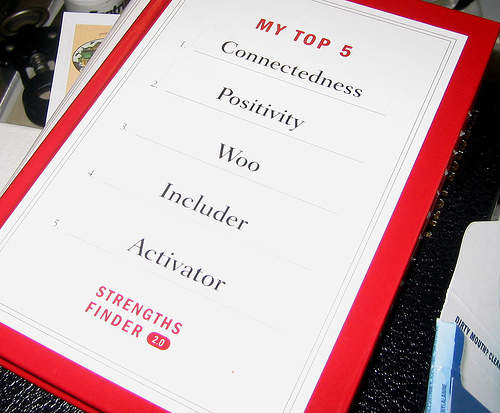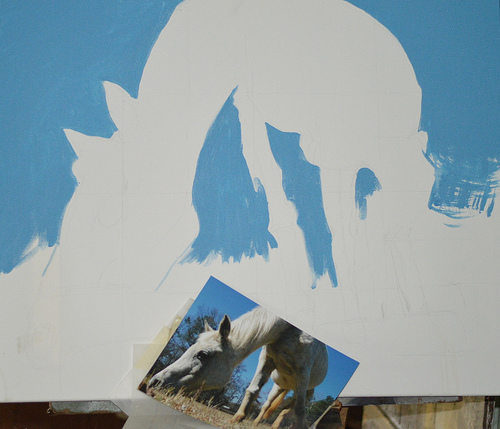Murals in restaurants are on a par with the food in museums. – Peter De Vries
What does that mean?
This is a quote with a dry sense of humor, which is something I like quite a bit. Many restaurants have all kinds of artwork in them, sometimes murals which cover entire walls.
Sometimes the art is OK, but it rarely rises to the level which would qualify for a museum exhibit. After all, you’re there for the food, the art is strictly incidental.
Which brings us to the second part. Museums are about art, history, and many other things, but rarely about food. That’s pretty straight forward. If they stop for a quick bite to eat, it is strictly incidental.
The quote is about knowing what you want, and then going to the right place. If you’re hungry, you don’t go to a museum. If you want to see murals, you go to an art or history museum, right?
Why is knowing your strengths important? Continue reading














